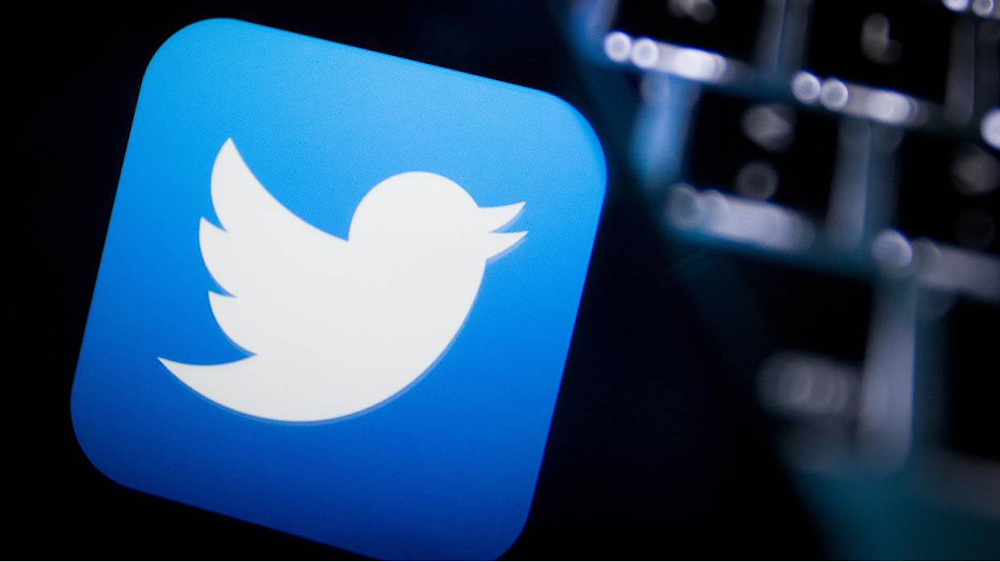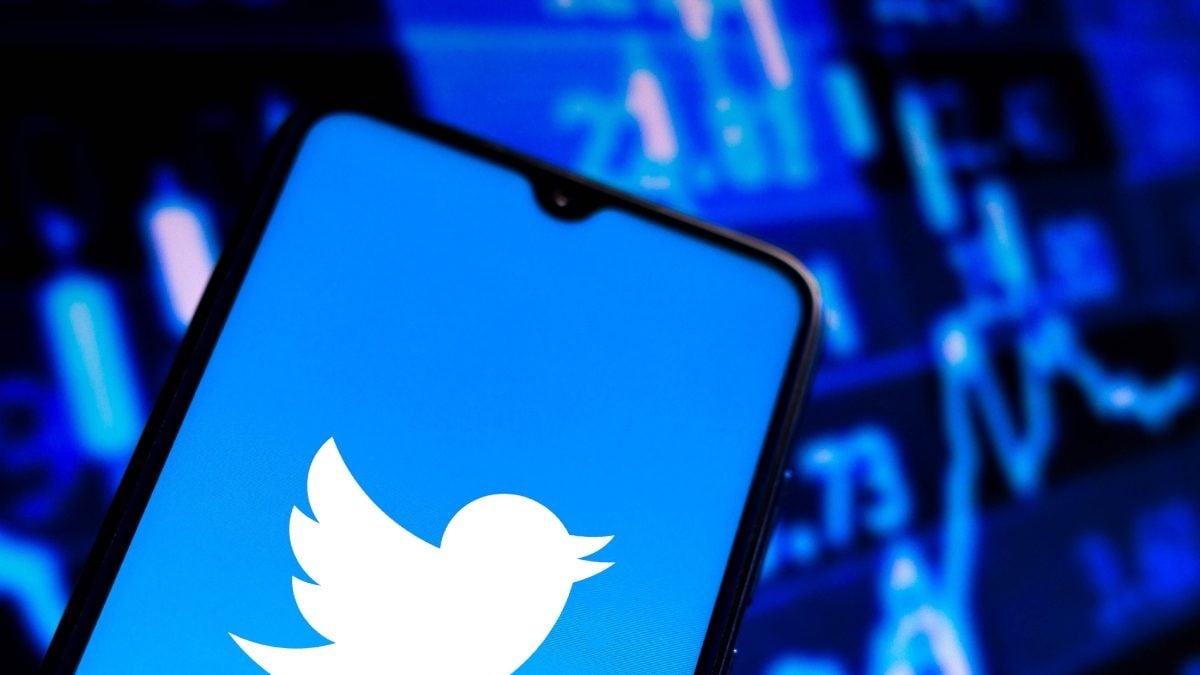It seems there's been quite a bit of chatter lately about how things are going on the platform formerly known as Twitter. From the very beginning of 2025, it appears some new picture formats are coming into play, something many sites are getting ready for. Yet, when we look at the bigger picture, the platform has, you know, a lot less going on today than it did just a couple of years back when it changed hands.
A big part of this shift, it seems, comes from companies that used to advertise there. These advertisers, it's pretty clear, just didn't want their names connected with certain views, specifically those described as homophobic and antisemitic. So, they made the choice to step away, which really does make a lot of sense if you think about it from their side.
Then there's the whole situation with how the platform handles different accounts. You see, there's a good bit of talk about all sorts of content that shows up on the service, yet for some reason, they've decided to close down certain types of accounts, like those called "amp accounts." This has left some people wondering why those particular accounts were singled out.
- Dale Wentz
- Diddy Blowing Up Kid Cudis Car
- Nicholas Riccio Wives And Children
- Michelle Yeoh Met Gala
- Celebrity Weight Loss Before And After Without Surgery
Table of Contents
- The Platform's Shifting Ground
- Why Advertisers Pulled Back - A Closer Look
- What's Happening with Account Management?
- Is There a Talent Gap at the Helm?
- Who's Behind the Scenes?
- The Competitive Arena - X Versus Threads
- Understanding Platform Access and Engagement
- What Do These Shifts Mean for the Future of "twitter cuck" Sentiment?
The Platform's Shifting Ground
The platform, which we now know as X, has seen some pretty big shifts in its user base. Just a couple of years ago, when the new owner took over, the numbers were quite different. Today, it's home to, well, more than 70% fewer people than it once was. That's a rather substantial change, if you ask me.
Looking at the figures, it's pretty clear. Back in 2022, there were about 368 million accounts, according to information from Google. Now, that number sits closer to 250 million. That's a considerable drop in the number of folks who are using the service, and it happened in a relatively short period of time. So, it's almost like a lot of people have decided to go elsewhere or just not use it as much.
This kind of change in a platform's user count can certainly make you wonder about what's going on. It suggests that a good many people have, for various reasons, chosen to spend their online time somewhere else. The platform's overall feel and how people interact with it can really shift when the user base changes this much.
A Look at User Numbers and the Sense of "twitter cuck"
When you see numbers like these, where the user count goes down so much, it really makes you think about the overall mood of the place. It's like, what makes people feel less connected or less willing to spend their time there? The idea of "twitter cuck" might, in some respects, come from a feeling of disillusionment or a sense that the platform isn't what it once was for some folks.
A shrinking user base can often lead to conversations about the platform's direction and whether it's still serving its original purpose for everyone. It's almost as if some people feel a bit left out or that the platform has moved away from what they enjoyed. This can certainly shape how users talk about their experiences, and what words they might use to describe them.
The platform's atmosphere, you know, really depends on who's there and what they're doing. If a lot of people are leaving, or if the kinds of conversations happening are changing, then the general vibe shifts. This might contribute to why some people feel a certain way about the platform, perhaps even leading to expressions like "twitter cuck" as a way to describe their frustration or disappointment with its current state.
Why Advertisers Pulled Back - A Closer Look
One of the really big reasons for the platform's current situation has to do with companies that pay to show their products and services. These advertisers, it's pretty clear, decided to make a swift exit. They simply did not want their brand names to be seen alongside certain kinds of content or associations.
The reasons given for this sudden departure were quite specific. It was said that these companies didn't want to be connected with what was described as homophobic and antisemitic content. So, when these sorts of views became more visible or associated with the platform, the advertisers, naturally, chose to distance themselves. This is a common move for businesses that want to keep a certain public image.
Losing a significant portion of advertisers can have a pretty big effect on any online service. It means less money coming in, which can then affect how the platform operates and what it can offer. This kind of financial shift can, you know, create a lot of challenges for the people running the show.
The Impact on the "twitter cuck" Experience
When advertisers start to leave, it can change the whole feel of a place. Fewer ads might seem good to some, but it often means less investment in the platform itself. This might, in a way, contribute to feelings that lead to phrases like "twitter cuck" because the user experience might not be as polished or as well-supported as it once was.
The financial health of a platform is, actually, pretty important for its users. If there's less money, there might be fewer new features, or perhaps even a slowdown in addressing concerns. This can make people feel like the platform is not living up to its potential, or that it's letting them down in some way.
So, it's not just about the ads themselves. It's about what the absence of those ads means for the platform's future and for the people who still use it. This shift can certainly influence how some people view the platform, perhaps contributing to a sense of disappointment or a feeling that things are just not as good as they used to be, which might be why some might use a term like "twitter cuck" to express their frustration.
What's Happening with Account Management?
A curious thing that many people have noticed is how the platform, X, has been handling certain types of accounts. Despite all sorts of unwanted content that gets put up on the service, the decision was made to close down specific "amp accounts." This has left a lot of folks scratching their heads.
It's a bit surprising, really, when you consider the sheer volume of things that get posted on that platform. There's so much stuff, and yet, these particular accounts were the ones that management chose to go after. This kind of action can make people wonder about the priorities of the people running the show.
The way accounts are managed can really affect how people feel about using the platform. If certain types of accounts are shut down while other kinds of content remain, it can create a sense of unfairness or inconsistency. This might lead users to question the rules and how they are applied.
When "twitter cuck" Accounts Face the Axe
When you see specific kinds of accounts being closed, it can feel a bit like a targeted action. This sort of thing can, in a way, contribute to a feeling of vulnerability among users, perhaps even leading to the sentiment expressed by "twitter cuck." It's about feeling like you might be next, or that the rules are not clear.
The idea that certain accounts are being singled out, especially when there's a lot of other content that many might consider problematic, can certainly be a source of frustration for people. It raises questions about why some things are allowed to stay up while others are taken down. This inconsistency can be pretty annoying, actually.
So, when people talk about "twitter cuck" in this context, it might be connected to a sense of powerlessness or a feeling that the platform's management is making decisions that don't quite make sense to the regular user. It's about the perceived unfairness of how accounts are handled, and who gets to stay or go.
Is There a Talent Gap at the Helm?
There's also been some talk about the people who are running things behind the scenes. Judging by some of the images, there's a thought that the same folks who are involved with "soapland" and "real 21" are also running this platform. This connection, some suggest, might point to a particular style of operation.
However, there's a clear opinion out there that these individuals, whoever they may be, just don't have the right skills for this kind of work. It's like saying they might be good at one thing, but running a major social platform might require a completely different set of abilities. This sentiment suggests a lack of confidence in the current leadership.
The success of any big online service really does depend on the people guiding it. If there's a perception that the leadership lacks what it takes, or that they are not making the best choices, then it can certainly affect the platform's overall health and direction. This kind of talk can certainly spread among the user base.
Who's Behind the Scenes?
When we talk about who is truly pulling the strings, it seems there are a few names that pop up. There's a mention of Emily, who some think is not involved, but then there's Cici, who apparently is. This suggests there are specific individuals whose roles are being discussed in relation to the platform's operations.
Then there's also a specific reference to "Tiffany @ soft touch spa downtown manhattan financial district date." This might be a separate piece of information, or it could be connected to the broader network of people and places associated with the platform's operations or perhaps even its financial dealings. It's a very specific detail, in any case.
Understanding who is making the decisions and who is involved in the daily running of the platform can give people a better sense of why things are happening the way they are. It's about transparency, and knowing who is responsible for the changes and challenges that users are seeing.
The Competitive Arena - X Versus Threads
It's pretty clear that X, the platform, isn't the only game in town anymore. There's a relatively new player that has come onto the scene, and it's doing quite well for itself. This competitor, known as Threads, has managed to gather a pretty large following in a short amount of time.
Threads, after being around for just one year since it first launched, has already attracted a good many users. It boasts about 175 million accounts. When you put that next to X's 250 million accounts, especially considering X has been around for much longer, it shows that there's some real competition brewing.
This kind of competition can certainly push platforms to do better, or at least to think about what they need to change to keep their users. It means that people have more choices for where they spend their online time, and that can influence how each platform behaves. So, it's almost like a race to see who can offer the best experience.
Understanding Platform Access and Engagement
When it comes to using the platform, there are some pretty basic functions that people rely on. For instance, you can sign in to see what's new, join in on conversations, and keep up with what the people you follow are sharing. This is, you know, how most folks interact with the service on a daily basis.
You can also look for specific people, topics that interest you, and even popular hashtags. This helps you find what you care about and connect with things that are relevant to you. It's how you discover new content and expand your network on the platform.
The platform's home page is generally where you go to get started. It's where you can join discussions, follow your interests, and connect with other people. These are the core ways that users are meant to engage with the service, making it a place for interaction and information sharing.
However, there are also moments when access can be a bit tricky. There's a mention of a situation where a site might not allow you to see a description, which is a common technical hiccup. This can be a bit frustrating when you're trying to get information or connect.
There's also a financial detail mentioned, "Next to the dealership house fee & tip (if applicable) 60/140." This piece of information seems to be related to some sort of transaction or service, possibly hinting at how some interactions or services are handled, perhaps in a more personal or direct way.
- Sam Hartman Family
- Michelle Yeoh Met Gala
- Melissa Gilbert Brothers And Sisters
- Larsa Pippen Kids
- Alix Earle Bf


